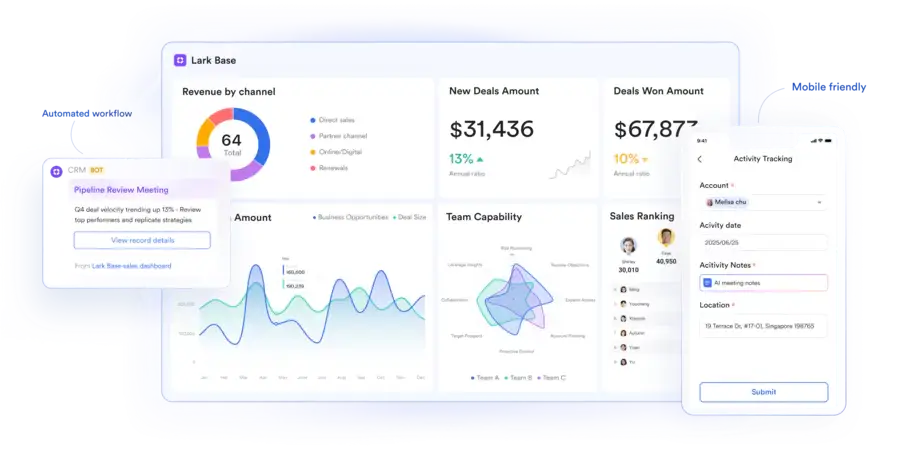Microsoft have rolled out the beta version of their new artificial intelligence (AI)-powered assistant Copilot for Gaming which is designed to improve the user experience for Xbox gamers.
The United States-based technology giant first previewed the tool in March, but it is now available to a limited group of users via the Xbox mobile app on iOS and Android.
Gamers in the US, Australia, New Zealand, Japan and Singapore have initial access. Read on as we analyse the new AI assistant and explore whether it could transfer into associated gaming sectors.
Intelligent Support for a New Gaming Era
Copilot is a companion for a player’s journey through the Xbox ecosystem. It helps to review achievements, discover new games based on player habits, and answer questions about the game.
Microsoft believes Copilot will eventually handle downloads as it continues to evolve.
What separates Copilot from the pack is its awareness of context. When a player asks questions regarding a particular game, Copilot can immediately check if the title is in the player’s history and answer accordingly.
At the Xbox Podcast preview, the Corporate VP of Gaming AI at Xbox, Fatima Kardar, said, “Games are one of the few types of entertainment where people can get stuck.
“Copilot is there to help during those moments, but only if players want it.”
Programme manager at Xbox, Taylor O’Malley, confirmed that players can opt to use the AI assistant. However, even when they do, it does not affect on-screen gameplay.
Testing AI as an In-Game Coach
Aside from creating a quiet companion for their users, Microsoft has also leveraged Copilot as a coach in the games, testing it in early demo versions of Overwatch 2.
The assistant analysed player performance and made helpful strategy suggestions in those experiments.
Trialling it on Minecraft, Copilot walked users through mining and crafting when players asked it to. Microsoft is building a proactive virtual teammate that understands context.
The Xbox Insider Program will collect player feedback and fine-tune Copilot. Microsoft has encouraged beta users to provide input to improve the assistant before the full release.
Copilot Could be Utilised in the iGaming Sector
Copilot’s functions, including personalised suggestions, contextual help, real-time performance coaching and seamless access to content, could be applied to iGaming.
The Copilot AI architecture can prove useful in the iGaming sector, especially in New Zealand, where online gambling is in the midst of a regulatory shake-up.
New Zealand is currently working on its legal framework for the online gambling industry after previously focusing on brick-and-mortar establishments.
Kiwis already leverage the best betting site offers on platforms which operate under licenses issued in other jurisdictions, but the new regulatory system will transform the landscape.
Copilot could potentially play a central role when the Department of Internal Affairs establishes the rules which will guide online gambling in New Zealand.
For example, it can recommend games for users based on their betting preferences and history, keeping players engaged.
The assistant could be a tool for responsible gaming, warning users when they are going overboard and offering them the option of taking a break to cool down or other helpful alternatives.
Copilot could help new players onboard, walking them through the basics, rules, and account settings. It could also provide customer support functions.
The assistant has the ability to assist local operators in meeting regulatory demands while improving user retention and engagement.
Microsoft is Treading Carefully with Copilot
Microsoft have not announced a time for international release to the United Kingdom (UK) and other European nations.
It plans to learn from a small real-world sample before scaling. Instead of pushing a flashy product with new features that mean nothing to users, Microsoft has taken a more grounded approach.
They want to actually engage their users before developing Copilot’s abilities to match player demands. It must be an engine that improves player experience, rather than just a gimmick.
If they succeed, Copilot could open the floodgates for more intelligent assistants in the digital entertainment space, potentially including the regulated iGaming market in New Zealand.
Copilot can be a test case that drives new standards in interactive, adaptive gaming support.













